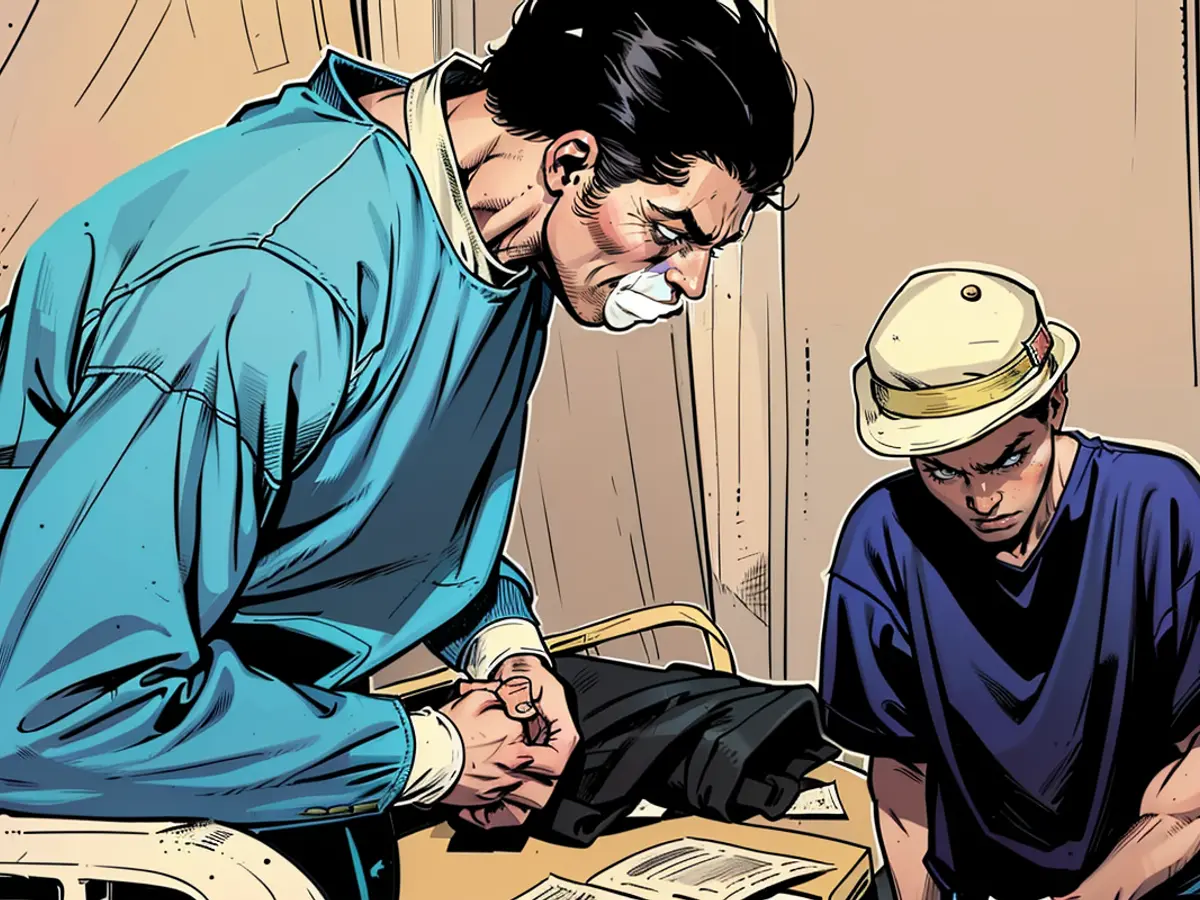The Authority has released a document detailing the status in the African Union.
The number of Monkeypox suspected cases in Africa has skyrocketed to around 3000 in just a week, as per reports. This figure, however, might be significantly higher due to insufficient testing capabilities and lab capacity, as suggested by authorities. Out of these, about 374 cases have been confirmed, while the disease has claimed 14 more lives. This surge brings the total number of cases and deaths to over 29,000 and 738, respectively, across 15 African countries since the beginning of the year.
Jean Kaseya, director of the African health agency CDC Africa, stressed in a recent briefing that the spread of Monkeypox in Africa is far from under control. He attributed this gap between suspected and confirmed cases to the aforementioned reasons. Compared to the same period last year, there's been an approximately 180% increase in cases and a 39% rise in deaths. Kaseya emphasized, "We must stop this. Enough is enough."
Vaccination Efforts
The prospect of vaccines to combat Monkeypox in Africa has brought hope, but only one country, Rwanda, has initiated a vaccination campaign as of now. Roughly 500 individuals have received the vaccine so far, according to reports.
It's important to note, however, that Rwanda is not among the countries most affected by this disease. The situation is far more critical in other African countries like the Democratic Republic of Congo and Burundi, which share borders with Rwanda. As of now, a vaccination plan for the Democratic Republic of Congo is still pending, Kaseya revealed.
Challenges that hinder vaccination efforts in the Democratic Republic of Congo, the second-largest country in Africa and nearly seven times bigger than Germany, include poor infrastructure and difficult-to-reach areas. Maintaining a cold chain for vaccines in rural regions can be particularly difficult.
The World Health Organization (WHO) declared a level of alarm at its highest in mid-August due to the Monkeypox outbreaks in Africa and the potentially more dangerous, new variant, Ib. This step is intended to raise global authorities' alert levels.
Despite the World Health Organization's declaration of a high level of alarm due to the Monkeypox outbreaks in Africa, only one country, Rwanda, has initiated vaccination efforts, leaving many affected countries, such as the Democratic Republic of Congo and Burundi, unprotected. The widespread epidemics of Monkeypox in Africa continue to pose significant challenges, with insufficient testing capabilities and lab capacity contributing to the underestimation of cases and deaths.






